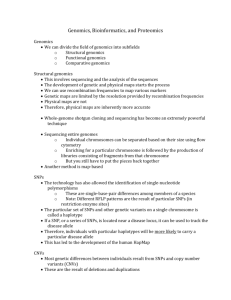PhD assistantships - Experimental design and
advertisement
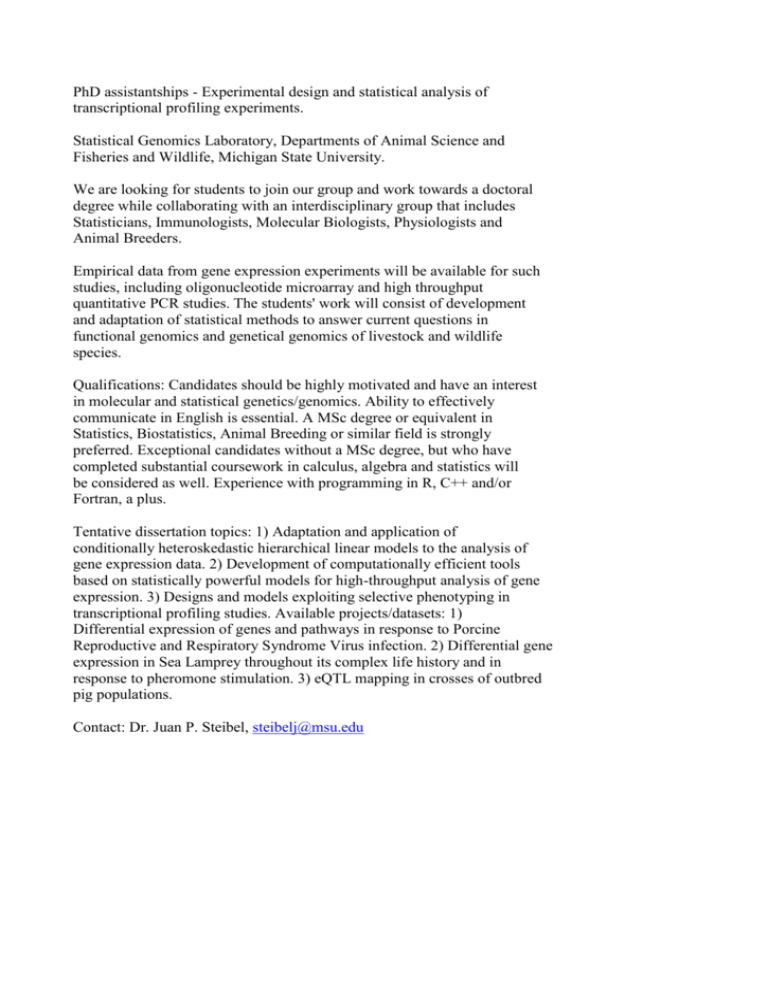
PhD assistantships - Experimental design and statistical analysis of transcriptional profiling experiments. Statistical Genomics Laboratory, Departments of Animal Science and Fisheries and Wildlife, Michigan State University. We are looking for students to join our group and work towards a doctoral degree while collaborating with an interdisciplinary group that includes Statisticians, Immunologists, Molecular Biologists, Physiologists and Animal Breeders. Empirical data from gene expression experiments will be available for such studies, including oligonucleotide microarray and high throughput quantitative PCR studies. The students' work will consist of development and adaptation of statistical methods to answer current questions in functional genomics and genetical genomics of livestock and wildlife species. Qualifications: Candidates should be highly motivated and have an interest in molecular and statistical genetics/genomics. Ability to effectively communicate in English is essential. A MSc degree or equivalent in Statistics, Biostatistics, Animal Breeding or similar field is strongly preferred. Exceptional candidates without a MSc degree, but who have completed substantial coursework in calculus, algebra and statistics will be considered as well. Experience with programming in R, C++ and/or Fortran, a plus. Tentative dissertation topics: 1) Adaptation and application of conditionally heteroskedastic hierarchical linear models to the analysis of gene expression data. 2) Development of computationally efficient tools based on statistically powerful models for high-throughput analysis of gene expression. 3) Designs and models exploiting selective phenotyping in transcriptional profiling studies. Available projects/datasets: 1) Differential expression of genes and pathways in response to Porcine Reproductive and Respiratory Syndrome Virus infection. 2) Differential gene expression in Sea Lamprey throughout its complex life history and in response to pheromone stimulation. 3) eQTL mapping in crosses of outbred pig populations. Contact: Dr. Juan P. Steibel, steibelj@msu.edu
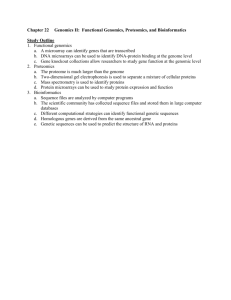
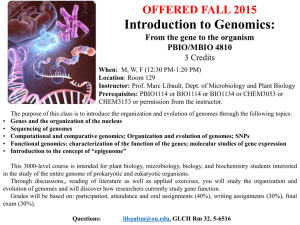
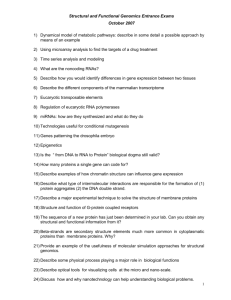
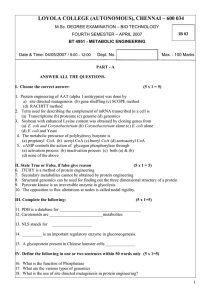
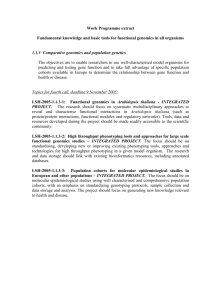
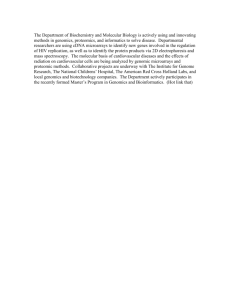
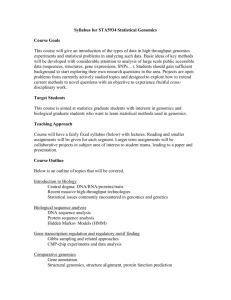
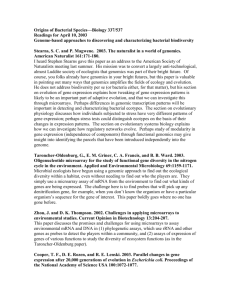
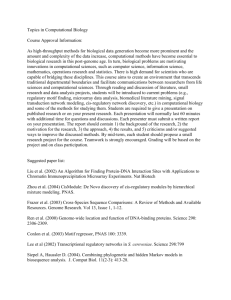
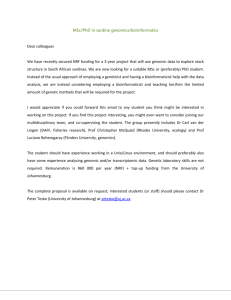
![9_Komlenac - start [kondor.etf.rs]](http://s2.studylib.net/store/data/005352037_1-bdc91b0717c49a75493200bca431c59c-300x300.png)
